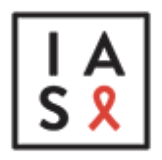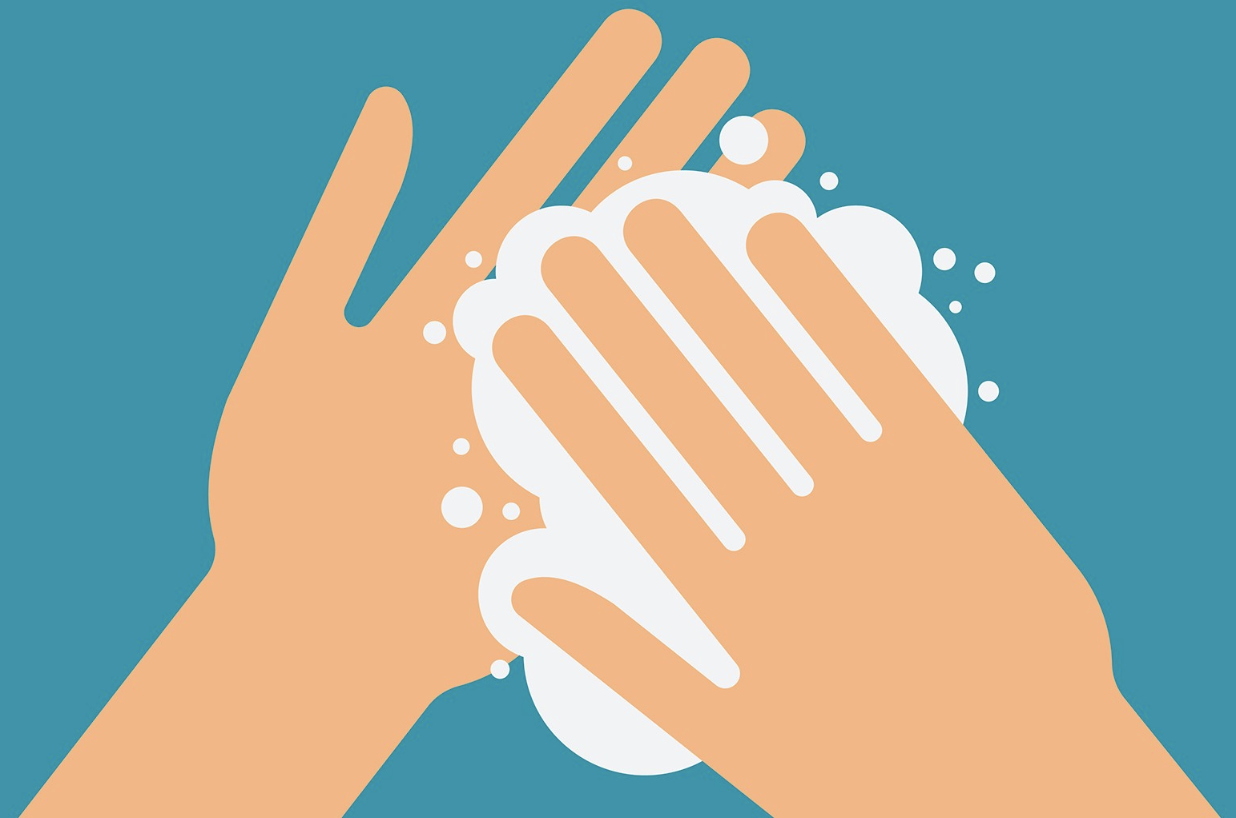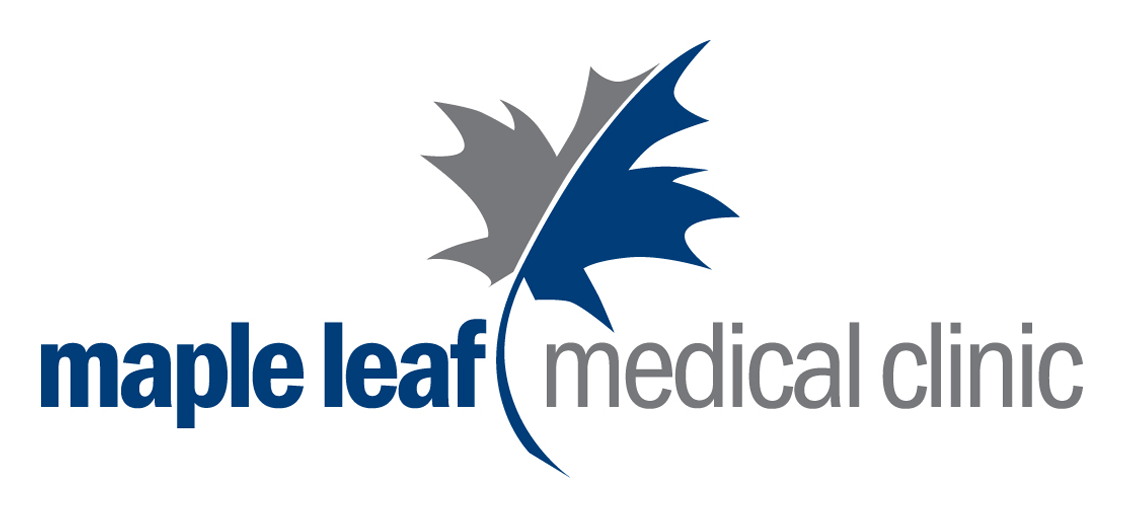Stay up-to-date with the latest information and news on COVID-19 and HIV through the International Aids Society.
The impact of COVID-19 on people living with HIV is not fully known yet. At present there is no evidence to suggest that there is an increased risk of infection and increased severity of illness for people living with HIV (with the understanding that they are not immunosuppressed and/or have no other co-infections or co-morbidities).
 However, people living with HIV who are not on treatment or who are not virally suppressed may have a compromised immune system (measured by a low CD4 count) that makes them vulnerable to opportunistic infections and more severe illnesses.
However, people living with HIV who are not on treatment or who are not virally suppressed may have a compromised immune system (measured by a low CD4 count) that makes them vulnerable to opportunistic infections and more severe illnesses.
It is thought that people living with HIV who have achieved viral suppression through antiretroviral treatment and do not have a low CD4 count will be affected by COVID-19 in a similar way to what a person not living with HIV would be, based on other coronavirus-caused disease outbreaks such as SARS (caused by SARS-CoV-1) and MERS (caused by MERS-CoV), where only a few cases of mild disease among people living with HIV were reported.

People living with HIV are advised to take the same precautions as the general population and adhere to their specific government recommendations. Things you can do to protect yourself and others from COVID-19 include:
- Regular hand-washing with soap and water for at least 20 seconds.
- Cover your mouth and nose with a tissue, your sleeve or your elbow (not your hands) when you cough or sneeze.
- Put any used tissues into the bin immediately.
- Avoid touching eyes, nose or mouth with unwashed hands.
- Stay away from work, school and other people if you become sick.
- Continue to take your HIV treatment regularly, as prescribed, to keep your immune system as strong as possible.
Additionally, people living with HIV should ensure vaccinations are up to date (influenza and pneumococcal vaccines).
People living with HIV who know their status and are not yet on antiretroviral treatment should start treatment without delay and follow guidance on social distancing.
People living with HIV who are on treatment should ensure that they have at least 30 days of ARVs and, where possible, a 3 to 6-month supply of ARVs. This also applies to other medication, where possible. Routine viral load testing should continue to be made available to ensure that the viral load is undetectable.
People who do not know their HIV status who were or continue to be vulnerable to HIV acquisition should get tested without delay.
The International Aids Society website has excellent answers to most questions.

